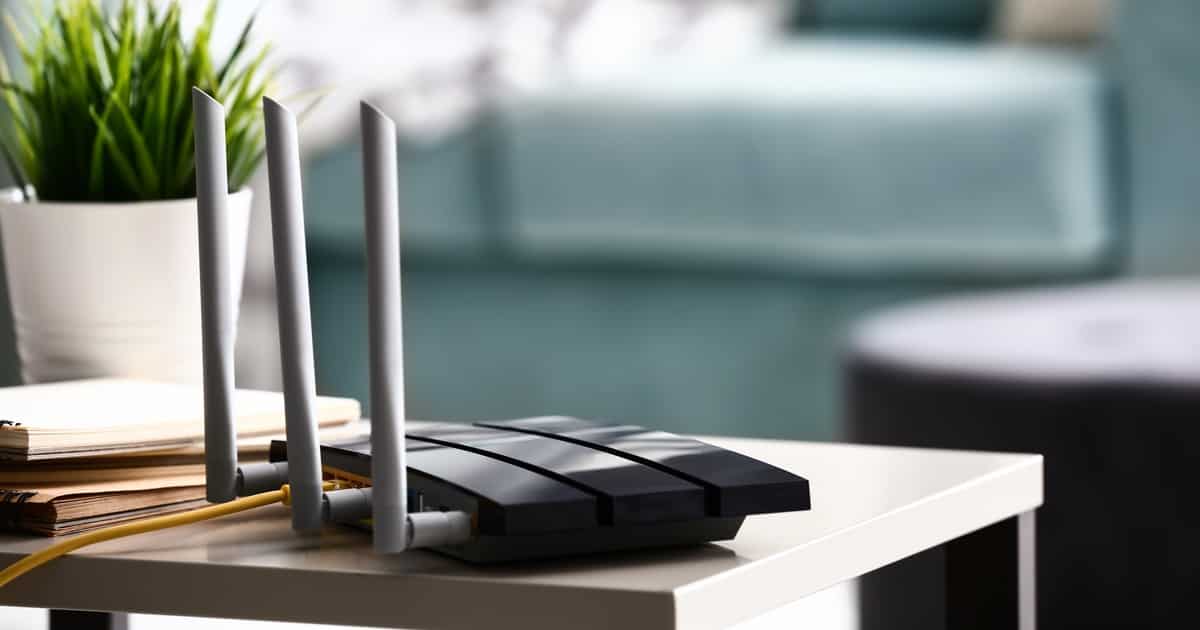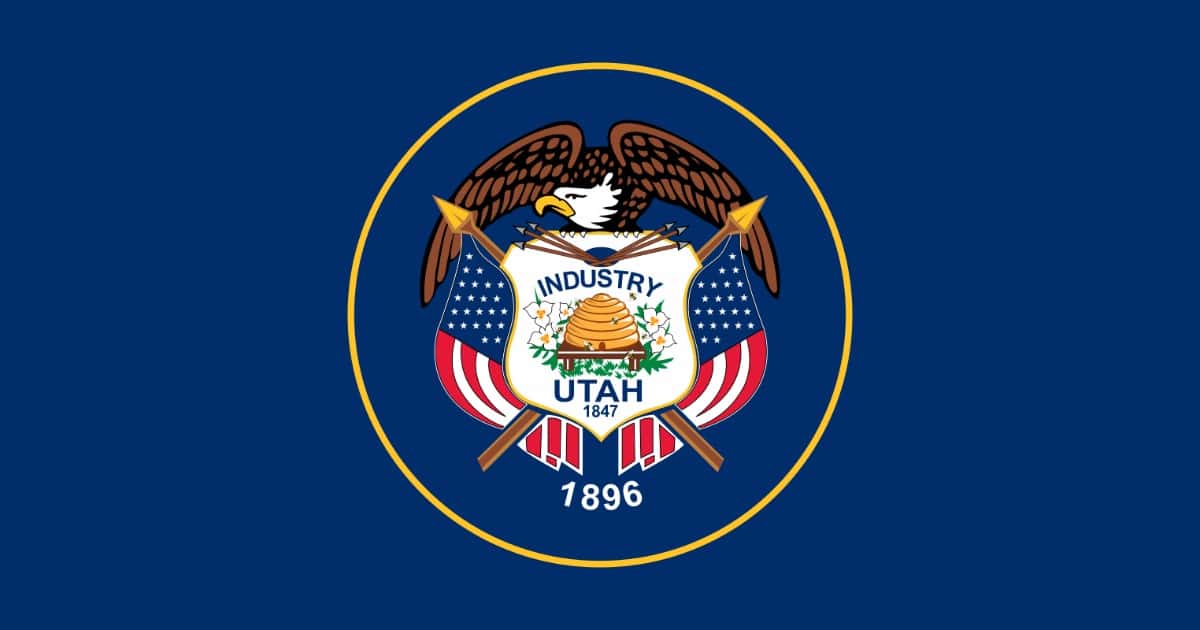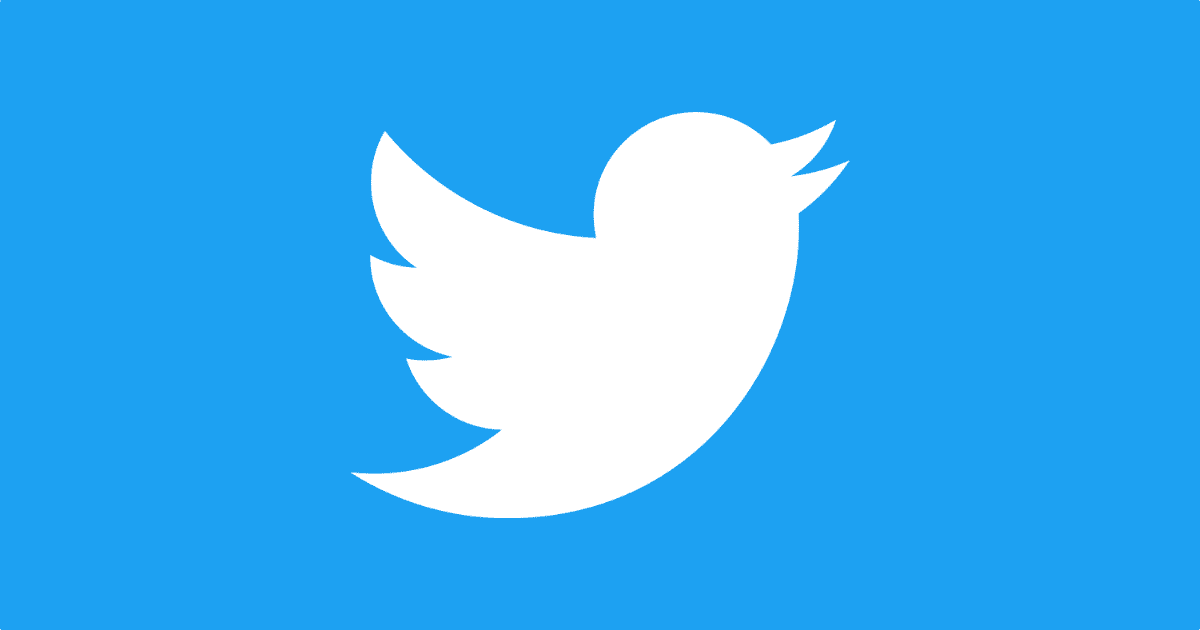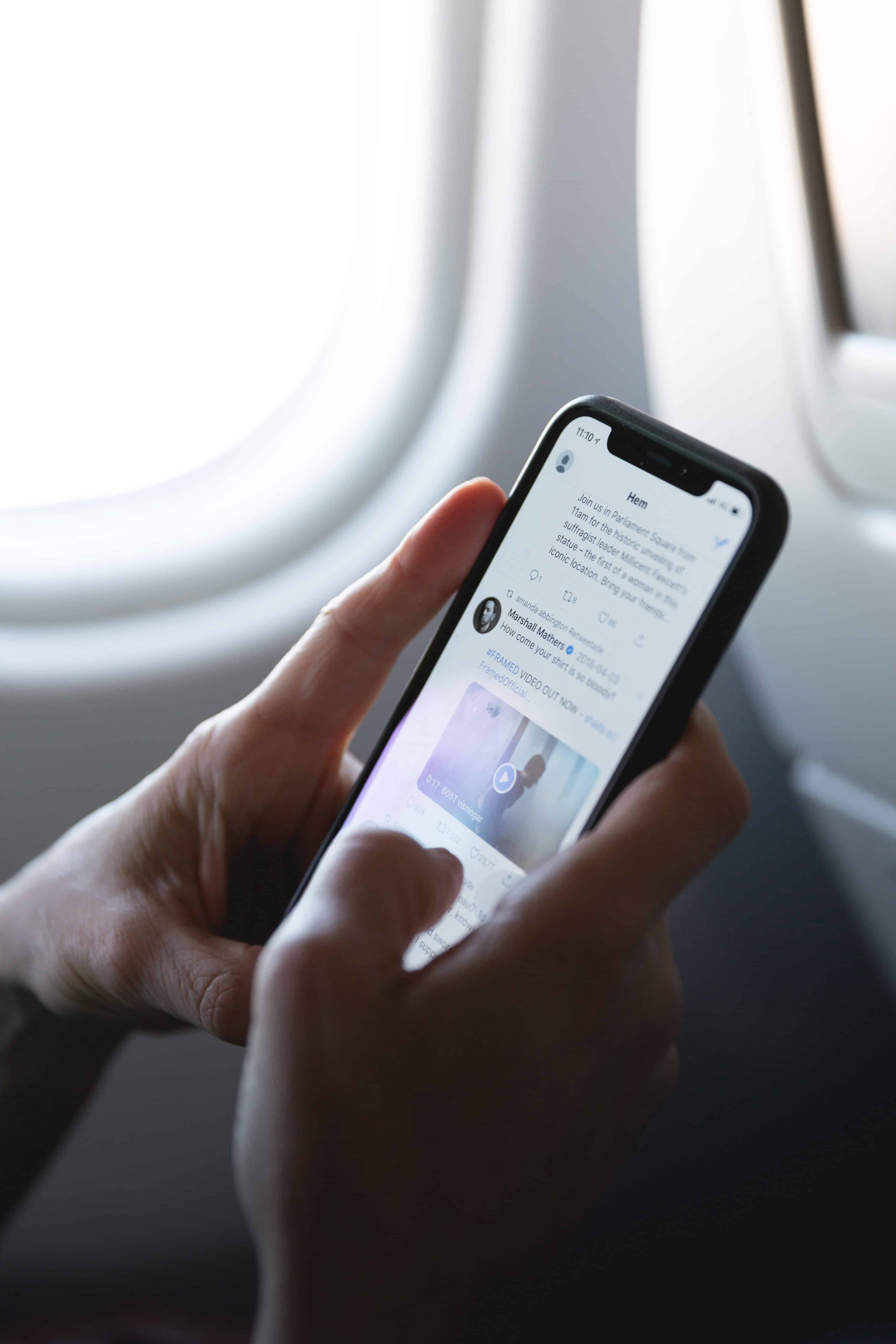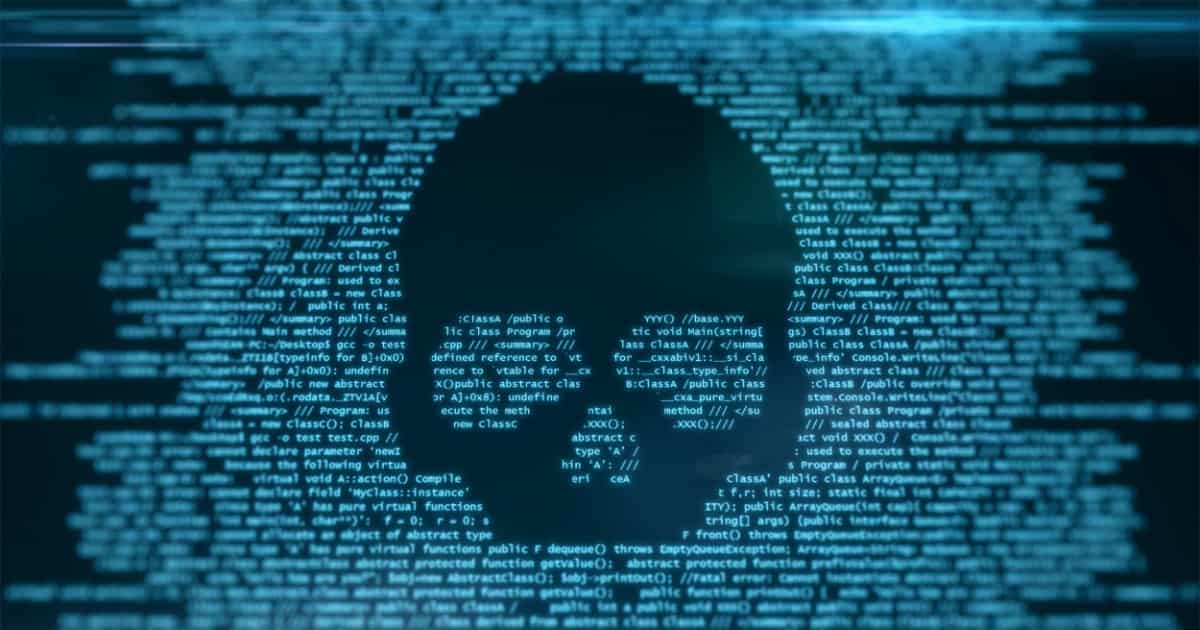On its blog today Pixelmator shared that updates for all three of its apps are coming: Pixelmator Pro, Pixelmator Photo, and Pixelmator for iOS. I’m very excited to get an update to Pixelmator for iOS, it’s waaaaaay overdue. As the post mentions, two and a half years overdue. Hurry and sign up for the betas.
The answer is that, little by little, we plan to refresh and improve the app and, eventually, make it compatible with Pixelmator Pro. This is one very fundamental step towards that goal. We don’t have a timeline just yet for full compatibility and this will take a while but we’re very excited to get started on it!









